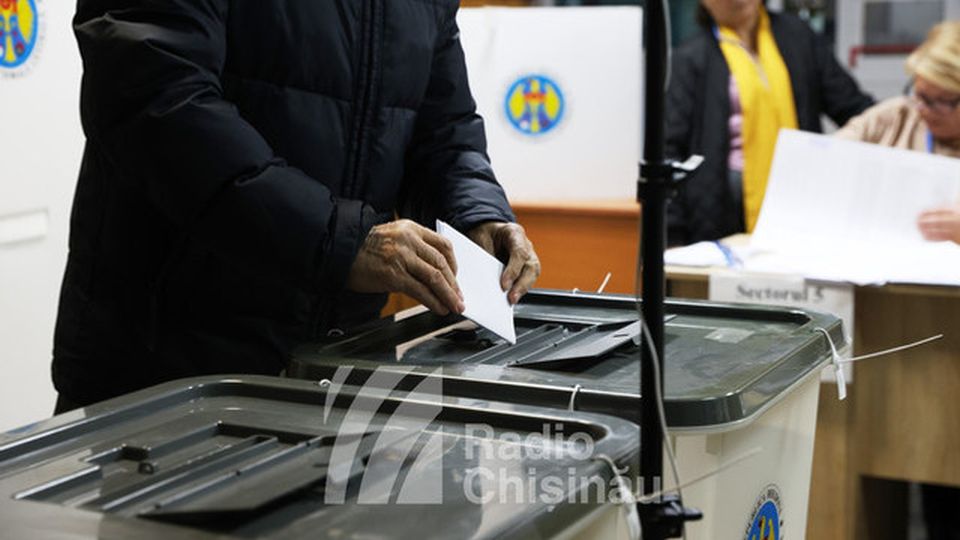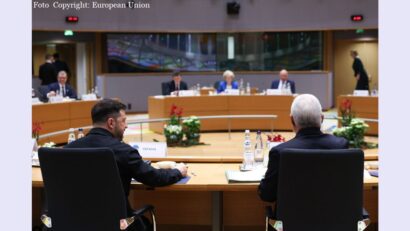Republic of Moldova, crucial final
Sunday's presidential election is decisive for the European future of the Republic of Moldova.

Ştefan Stoica, 31.10.2024, 13:50
On November 3, the citizens of the Republic of Moldova have to choose, for the position of head of state, between the pro-European Maia Sandu, the incumbent president, and the pro-Russian Alexandr Stoianoglo, supported by the socialists. Sandu, the favorite of the Western chancelleries, won the first round, of October 20, with over 42% of the votes, while Stoianoglo came second, with 26% of the votes. For most analysts, Sunday’s vote is all or nothing: the war started by Russia against the regime in Kyiv has caused the small state located between Ukraine and Romania multiple crises – energy, economic and, last but not least, a deep security crisis – and, they say, there would be no more room and time for wrong steps, if Chişinău really wants to definitively disconnect from its past of vassalage to Moscow and to enter the European family.
Oleksii Arestovichi, former adviser to the Ukrainian head of state Volodymyr Zelensky, has recently warned that the Republic of Moldova will be drawn into the war if the presidential election is won by the pro-Russian candidate and that the country could turn into a Russian outpost for attacking Ukraine and Romania, if next year’s legislative elections bring to power a government close to Russia. He therefore urged Moldovans to vote for the pro-European candidate. On Sunday, Maia Sandu confronted Alexandr Stoianoglo in a televised debate, on which occasion she accused him of being the man of Moscow and of having allowed the escape from the country of some Moldovan oligarchs in conflict with the law, while he was the general prosecutor of Moldova. Actually, Maia Sandu dismissed Stoianoglo from that position.
After the first round of the presidential election and the referendum for European integration, which passed by a slim margin, contrary to optimistic expectations, Maia Sandu accused the interference in the electoral process of some criminal groups that would have acted alongside foreign forces hostile to the interests of the country. The presidential election and the referendum were well organized, but the electoral campaign was marked by foreign interference and disinformation, the OSCE report noted. And the Observation Mission of the International Republican Institute, an American non-governmental organization, highlighted significant foreign interference in the electoral process, consisting in vote buying, mass manipulation, propaganda and forgeries.
Moscow categorically denied any interference in the elections and referendum. For the decisive November 3 presidential round, it is important how the candidates eliminated after the first round are positioned. The leader of the populist Our Party group, Renato Usatîi, who came third, announced that he would not support any of the candidates. Predictably, the pro-Russians urged their supporters to vote against Maia Sandu, during whose mandate Moldova received the status of a EU candidate country and opened accession negotiations. (LS)






























